You are here
Workplace Mental Health
Workplace Mental Health: Data, Statistics, and Solutions
For many of us, a quarter to a third of our lives will be spent in the workplace. On a daily basis, we will spend more waking hours in our workplace than at home, and experience more exchanges with team members than family members. Job satisfaction and levels of productivity depend on workplace culture, work demands, work support, and work rewards. Simultaneously, an organization relies on a productive and engaged workforce to remain competitive and meet external demands.
Mental Health America (MHA) recognizes the psychological impact that workplaces can have on their employees. Millions of employees spend a large part of their day, and lifetime, at work, increasing the effect that workplace environments can have on psychological well-being. MHA’s research is part of an ongoing commitment to uncovering workplace disparities and addressing the psychological needs of the workforce.
The 2019 Workplace Health Survey measured the attitudes and perceptions of nearly 10,000 employees in the US. Survey questions were designed to explore topics of supervisor communication, company culture, and employee engagement and wellbeing. Survey findings explored the relationships between managerial style, workplace health, and employee engagement, concepts that have, in recent years, become more measurable, and indicative of workplace stress levels and overall mental health.
Download The 2019 Mind the Workplace Report Here
Key Findings
-
Supervisor communication and a workplace culture of safe and open communication are correlated with an employee's motivation, confidence, and pride.
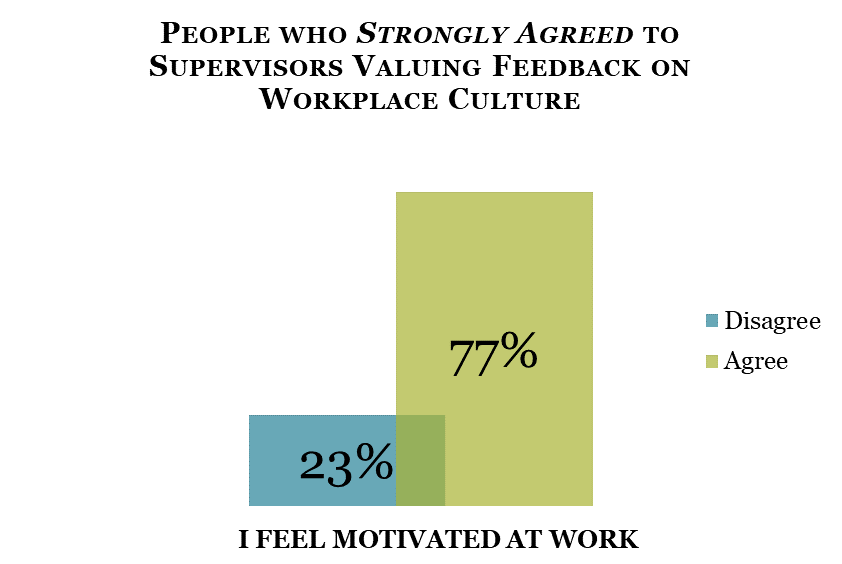
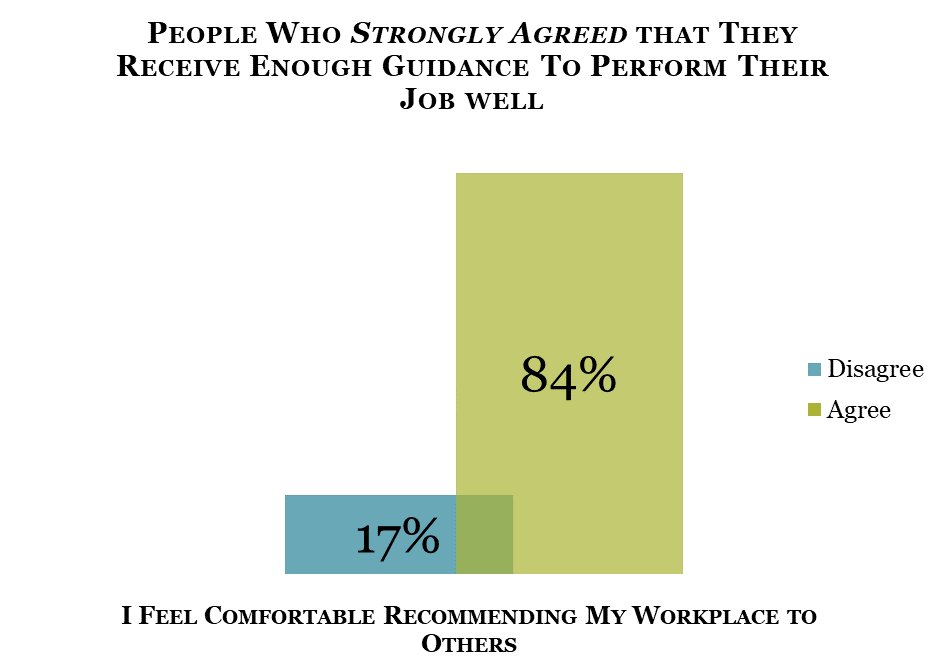
- People who reported that it was unsafe to discuss their workplace stress in their companies had the poorest outcomes for employee engagement and wellbeing, including:
- Difficulty with sleep
- Lower confidence in the workplace
- Lower motivation
- Lower presenteeism
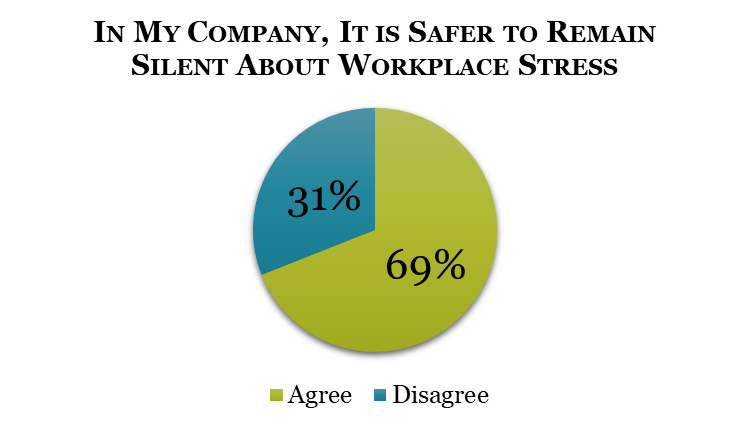
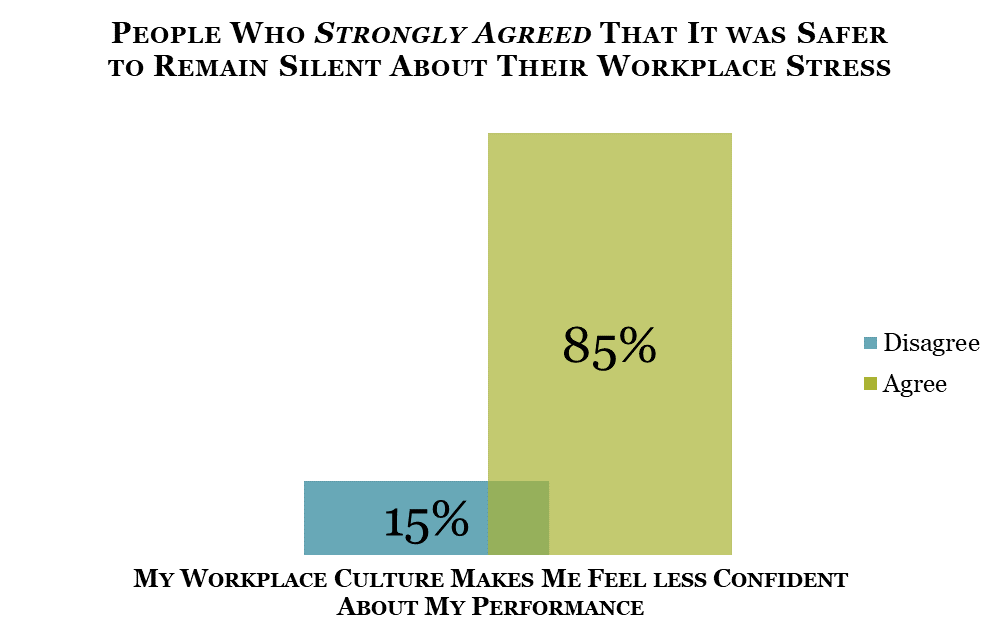
- Supervisor communication is correlated with safety in reporting ethical violations and areas for improvement in the workplace.
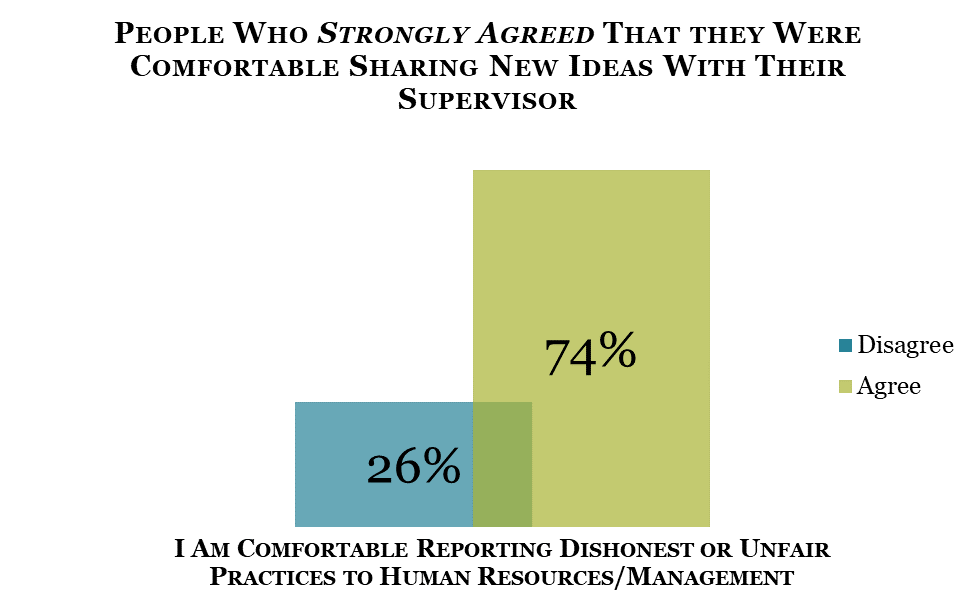
- Feeling comfortable to report dishonest or unfair practices was most correlated with pride (whether you would recommend your workplace to others).
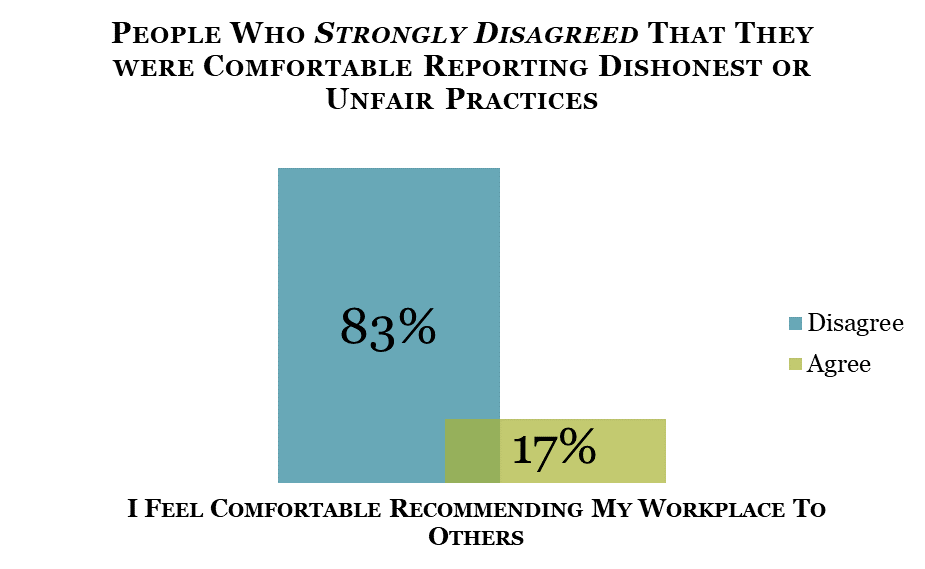
Additional Analysis
The report provides further analysis of the following topics:
- In-depth discussion of supervisor communication and support, organizational culture, and employee engagement and wellbeing;
- The industries that scored healthiest and unhealthiest; and
- The effect of offering benefits on workplace health.








this page